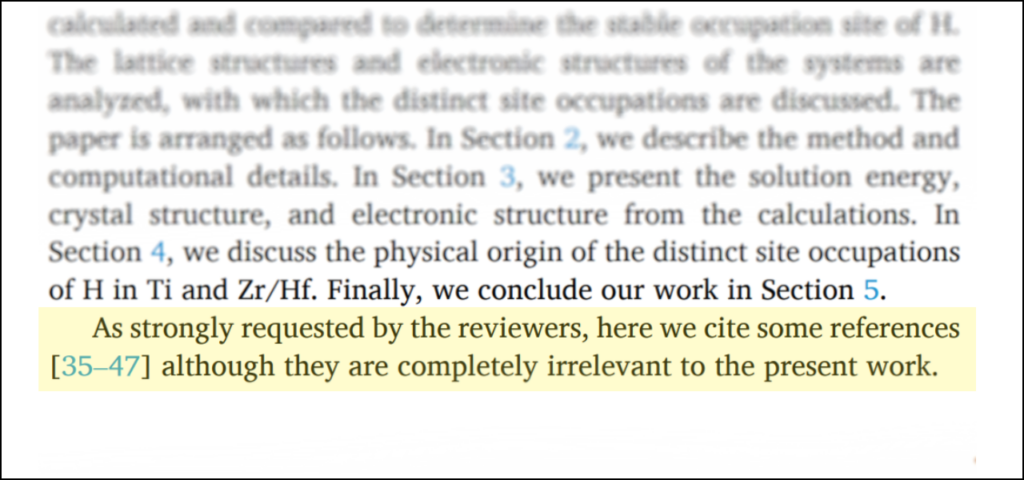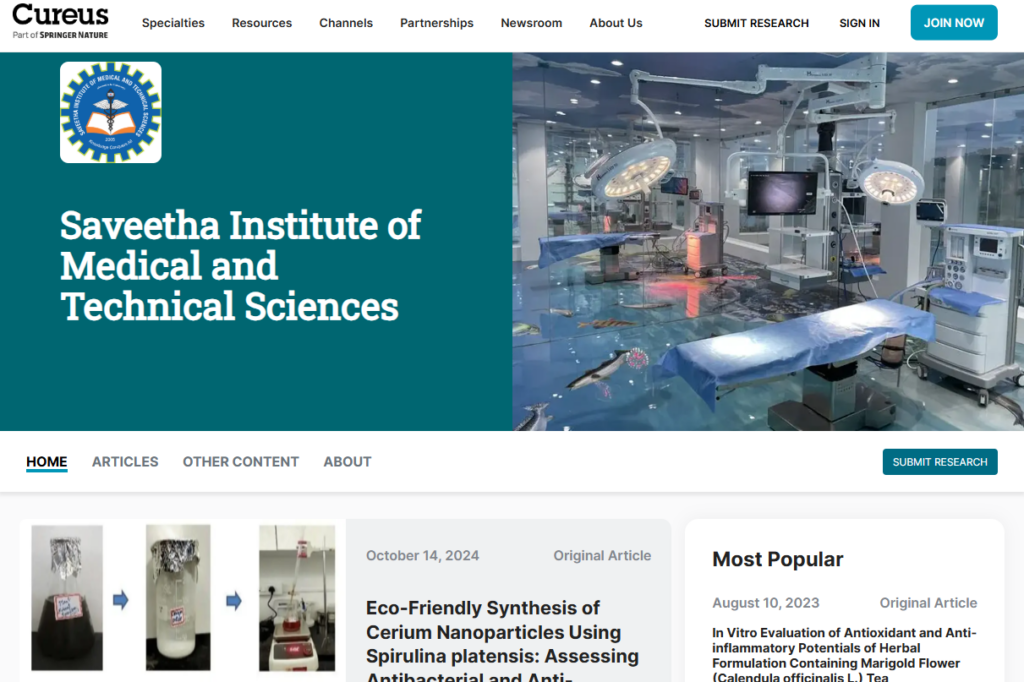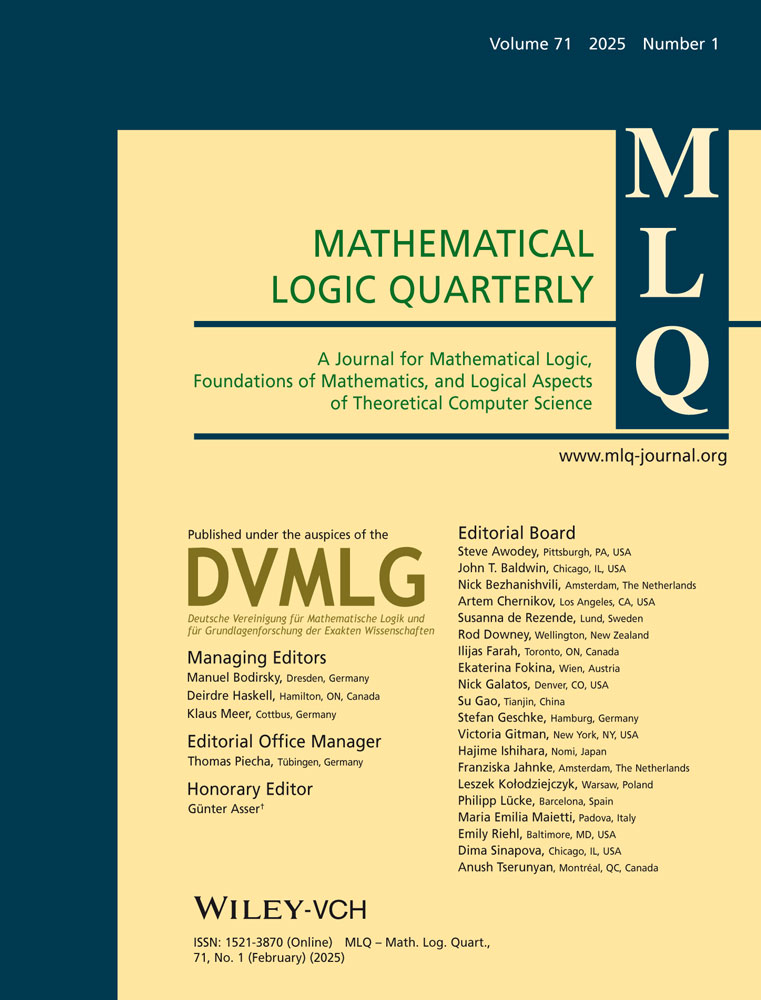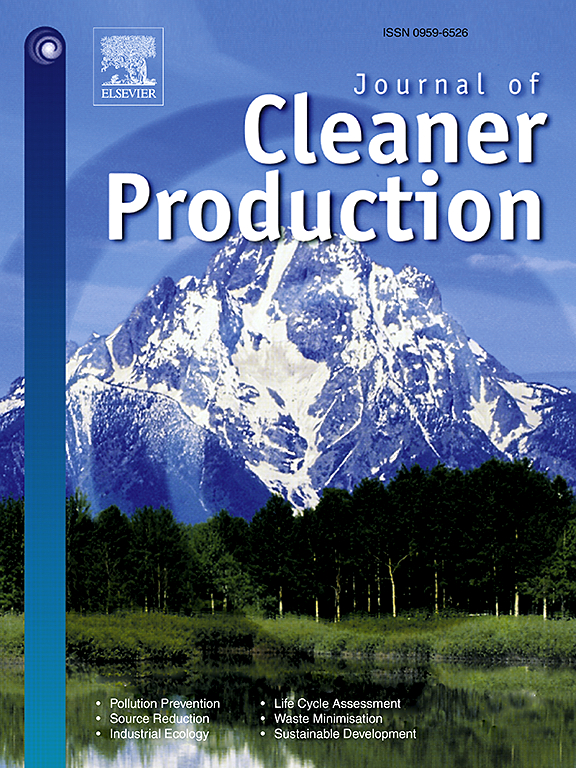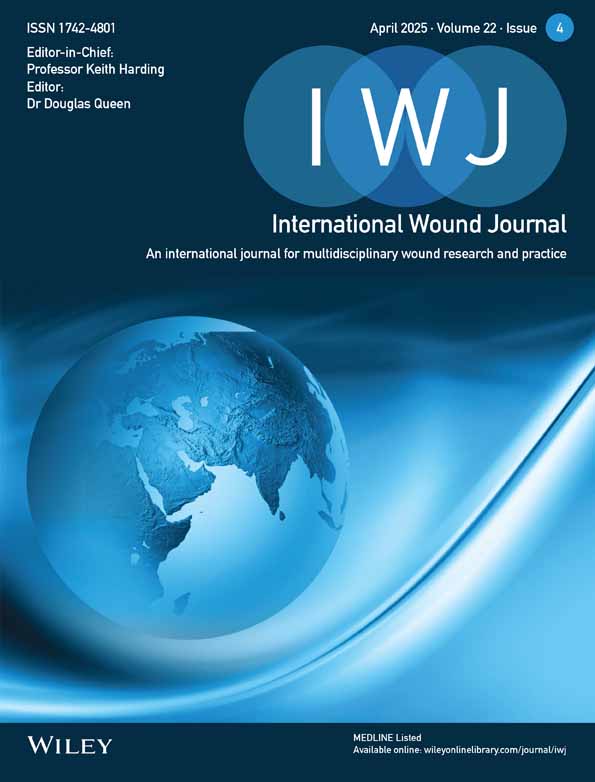A Bangladesh-based organization focused on development economics and its founder have been churning out papers filled with misstatements, inconsistencies, ethical lapses and “statistically improbable data,” according to researchers involved in an ongoing effort to replicate the work.
One journal has already retracted a paper for falsely claiming to describe a randomized, controlled trial and data collection that failed to adhere to the journal’s ethical guidelines. The study, published in the European Economic Review, was retracted following a March 11 report from the Institute for Replication, or I4R. The group is conducting a broader probe into the Global Development & Research Initiative (GDRI), the organization that implemented the intervention described in the paper.
GDRI’s founder and the study’s sole author is Asad Islam, a developmental economist at Monash University in Australia. Since 2022, Islam has received over $2 million in funding from the Bill & Melinda Gates Foundation, the World Bank, the Asian Development Bank, and other organizations, according to a copy of his resume. Islam did not respond to multiple requests for comment on the retraction or the broader concerns about the work. But in a statement posted to his now-deleted account on X, he wrote:
Continue reading Replication probe finds ‘statistically improbable data’ tied to institute in Bangladesh
